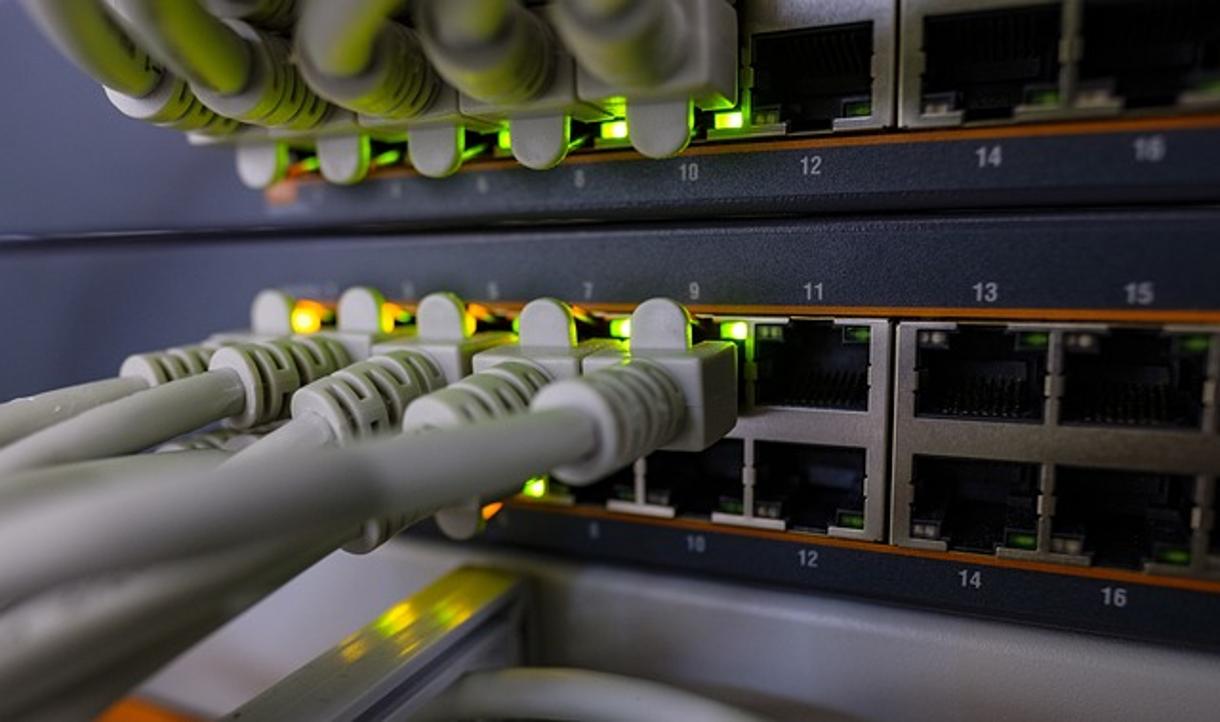Can a WiFi Repeater Have Better Internet Speed Than a Router?
Introduction
WiFi connectivity is essential for our daily activities, from streaming movies to telecommuting. Many people wonder whether a WiFi repeater can provide better internet speed than a router. This question arises from the need to boost wireless signal reliability and speed across different parts of a home or office. Are WiFi repeaters up to the task, or should one opt to upgrade the router for optimal performance? This article provides clarity on the functions of repeaters and routers and when each device is most effective.

Understanding WiFi Repeaters and Routers
To address whether a WiFi repeater can enhance your internet speed, let's first understand the definitions and functions of WiFi repeaters and routers.
Definition and Function of WiFi Repeaters
A WiFi repeater, also known as a range extender, is a device that takes an existing WiFi signal and rebroadcasts it to create a second network. Essentially, WiFi repeaters extend the range of your wireless network, enabling coverage in hard-to-reach areas where the router's signal is weak. The primary function of a repeater is to ensure that the existing internet signal covers more space without necessarily increasing the speed of the internet itself.
Definition and Function of Routers
Routers, unlike repeaters, are devices that route data from the modem to various connected devices within a network. They create a local area network (LAN) and manage traffic between the internet and these devices. Routers come equipped with technologies like dual-band functionality, MU-MIMO, and beamforming that facilitate faster and more efficient data transfer. The main goal of a router is to distribute the internet connection efficiently across multiple devices while maintaining robust network security.
Factors Affecting Internet Speed
Success in internet connectivity hinges on various elements such as bandwidth, signal strength, and hardware capabilities. Let's explore these factors to understand their impact on both routers and repeaters.
Bandwidth and Signal Strength
Bandwidth refers to the maximum rate at which data can be transferred over an internet connection. A router with higher bandwidth capabilities will deliver faster internet speeds. Signal strength, particularly relevant to WiFi repeaters, affects how well the signal travels through walls and other obstructions. A weak signal can lead to reduced speeds and patchy coverage, while a stronger signal maintains consistent performance.
Hardware Capabilities
The specifications of both routers and repeaters play a crucial role in internet speed. Advanced routers often come with high-speed processors, better antennas, and more efficient data management protocols. These features support several connected devices simultaneously without compromising speed. WiFi repeaters, while helpful in certain scenarios, often do not match the hardware sophistication of modern routers. They are contingent on the baseline speed provided by the router and can struggle with optimizing speeds if the router itself is subpar.
Scenarios Where a WiFi Repeater Might Help
Understanding where and when to deploy a WiFi repeater is essential for maximizing your wireless network's capabilities. Here are scenarios where a repeater might be beneficial.
Extending Coverage in Large Homes or Offices
Large spaces often have areas where the router's signal fails to reach. In such scenarios, a WiFi repeater can extend coverage, ensuring a stable connection in every corner of the home or office. By strategically placing repeaters, you can achieve broader coverage without an immediate need to purchase a higher-end router.
Specific Cases of Signal Obstruction
Certain physical obstructions, like thick walls, metal objects, and electronic interference, can degrade WiFi signals. WiFi repeaters can provide signal strength in these specific zones, mitigating dead spots and ensuring uninterrupted internet access for employees or family members.

When to Consider Upgrading Your Router
Although WiFi repeaters serve as valuable tools, sometimes upgrading your router can offer a more significant improvement in speed and performance.
Outdated Routers
Routers have a lifespan; older models may not support the latest WiFi standards like WiFi 6 or advanced features that newer devices provide. If your router is outdated, it may not deliver the speeds required by modern applications and multiple devices. An upgrade can offer newer technology, ensuring faster speeds, better security, and more reliable connections.
Benefits of Advanced Router Features
Newer routers come equipped with advanced features like dual-band capability, quality of service (QoS) settings, and mesh networking. Dual-band routers operate on both 2.4 GHz and 5 GHz, reducing congestion and improving speed. QoS settings allow prioritization of bandwidth for specific applications, ensuring smoother performance for activities like gaming or video conferencing. Mesh networking, another sophisticated feature, involves multiple units working together to blanket your home with robust WiFi coverage.
Comparative Performance Analysis
Evaluating the real-world performance of WiFi repeaters versus routers can help you decide which device suits your needs better.
Real-world Speed Tests
Various speed tests conducted by tech enthusiasts and industry experts reveal that while WiFi repeaters can enhance coverage, they rarely surpass the speed capabilities of high-quality routers. Repeaters operate by rebroadcasting the signal, which introduces latency. In contrast, a good router, especially one with advanced features, consistently delivers higher speeds and lower latency.
User Experiences and Reviews
User experiences often highlight the differences between repeaters and routers. Reviews indicate that while repeaters are useful for extending coverage, they tend to struggle with consistent speed delivery, especially in bandwidth-heavy environments. On the other hand, advanced routers receive praise for their ability to handle multiple devices and maintain high speeds, making them a preferred choice for many users.
Installation and Cost Considerations
Setting up and maintaining these devices involves ease of installation and cost factors.
WiFi repeaters are generally easier to install and involve a lower initial investment compared to high-end routers. Repeaters plug into an outlet and connect wirelessly to your router. However, the long-term benefits and improvements of investing in a better router can outweigh the convenience and lower cost of repeaters. High-end routers, while expensive, deliver superior performance, better security features, and future-proof technology, making them worth the investment for many households and businesses.

Conclusion
Deciding whether a WiFi repeater can provide better internet speed than a router is complex. While repeaters are great for extending coverage, they rarely outperform modern, feature-rich routers in delivering high-speed, reliable internet connections. For optimal performance, investing in a good router proves more beneficial, especially in bandwidth-demanding environments.
Frequently Asked Questions
What is the main difference between a WiFi repeater and a router?
A WiFi repeater extends an existing WiFi signal, while a router distributes the internet connection to devices and manages network traffic. Routers typically offer better performance and advanced features.
Can using both a WiFi repeater and a router improve internet speed?
Using both can enhance coverage but not necessarily speed. The repeater depends on the router's signal, so for maximum speed, a high-quality router is essential.
How do I know if I need a WiFi repeater or a new router?
Evaluate your current router's age, feature set, and coverage capabilities. If your router is outdated or can't handle multiple devices well, consider upgrading. If your issue is limited to coverage in specific areas, a repeater may suffice.



